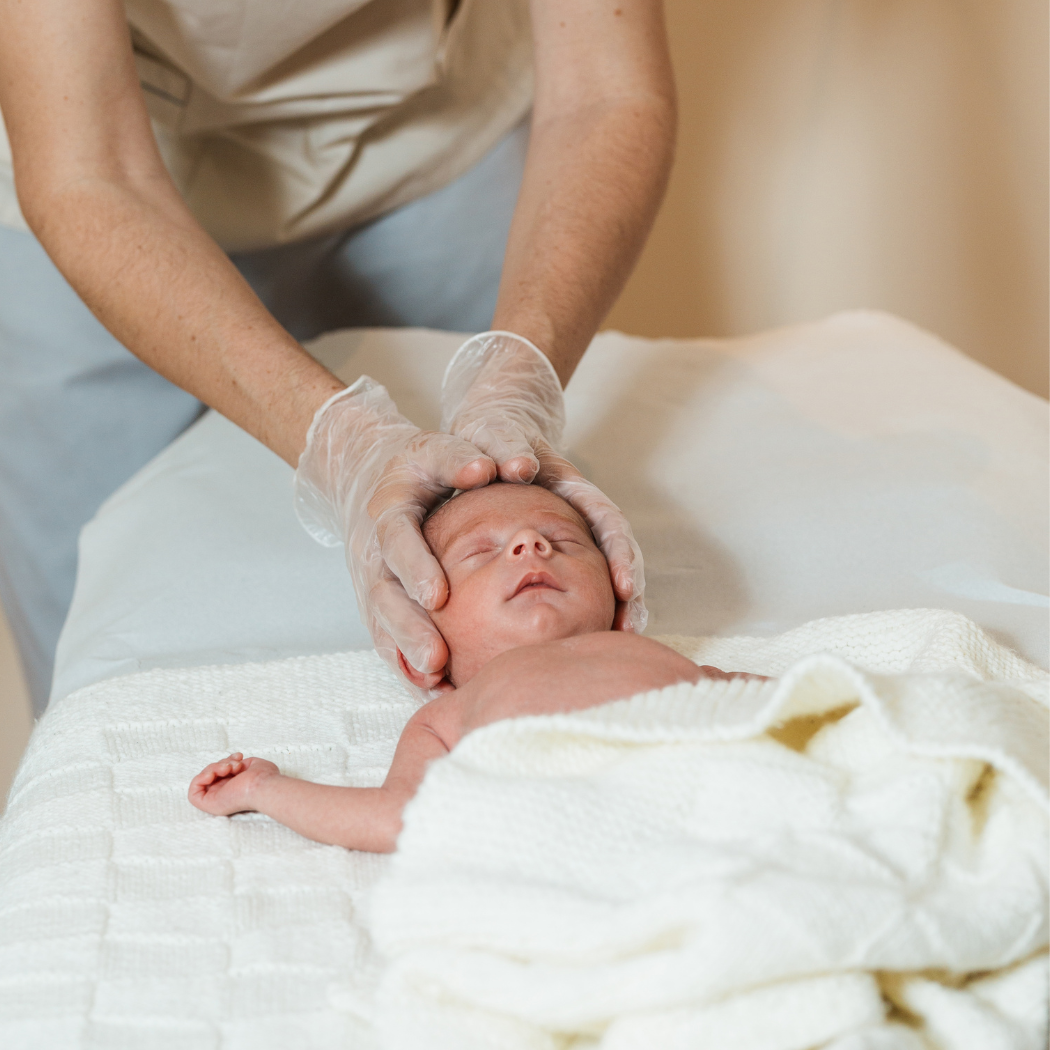

The UK Birth Trauma Enquiry, led by a cross-party group of MPs, looked into the experiences of over 1,300 women to understand why some face challenging childbirth situations. Their findings revealed that quality care during pregnancy is often the exception rather than the norm, with women feeling marginalised and treated as an inconvenience.
In the wake of the report’s revelations, both the government and the NHS have pledged unwavering commitment to crafting a comprehensive strategy for maternity services. Noted by The Times, Health Secretary Victoria Atkins reaffirmed the government’s steadfast dedication to elevating the standards of care. She announced plans for the full-scale implementation of new physical and mental health services tailored to mothers and expectant mothers across England by year’s end. In a promising move, an additional £35 million has been earmarked in the Spring Budget to fortify maternity safety, promising augmented midwifery staffing and enhanced training initiatives.
Outlined within the forthcoming inquiry report, due for presentation to ministers imminently, are 12 essential recommendations poised to revolutionise maternal care:
1. Recruit, train and retain more midwives, obstetricians and anaesthetists to ensure safe levels of staffing in maternity services and provide mandatory training on trauma-informed care.
2. Provide universal access to specialist maternal mental health services across the UK to end the postcode lottery.
3. Offer a separate 6-week check post-delivery with a GP for all mothers which includes separate questions for the mother’s physical and mental health to the baby.
4. Roll out and implement, underpinned by sufficient training, the OASI (obstetric and anal sphincter injury) care bundle to all hospital trusts to reduce risk of injuries in childbirth.
5. Oversee the national rollout of standardised post birth services, such as Birth Reflections, to
give all mothers a safe space to speak about their experiences in childbirth.
6. Ensure better education for women on birth choices. All NHS Trusts should offer antenatal classes. Risks should be discussed during both antenatal classes and at the 34-week antenatal check with a midwife to ensure informed consent.
7. Respect mothers’ choices about giving birth and access to pain relief and keep mothers together with their baby as much as possible.
8. Provide support for fathers and ensure nominated birth partner is continuously informed and updated during labour and post-delivery.
9. Provide better continuity of care and digitise mother’s health records to improve communication between primary and secondary health care pathways. This should include the integration of different IT systems to ensure notes are always shared.
10. Extend the time limit for medical negligence litigation relating to childbirth from three years to five years.
11. Commit to tackling inequalities in maternity care among ethnic minorities, particularly Black and Asian women. To address this NHS England should provide funding to each NHS Trust to maintain a pool of appropriately trained interpreters with expertise in maternity and to train NHS staff to work with interpreters.
12. NIHR to commission research on the economic impact of birth trauma and injuries, including factors such as women delaying returning to work.
For those who have experienced birth trauma and seek solace and guidance, supportive resources are available across the UK. Organisations like the Birth Trauma Association, Pandas and Mind offer invaluable support and understanding to individuals navigating the complexities of traumatic birth experiences.
Talk to someone you trust about your feelings, whether it’s your partner, a friend, a family member, or a healthcare professional. You can request a Birth Afterthoughts session from your hospital or if you would prefer to do this independently, you can book a private birth debrief with a specialist in-person or via Zoom.
Remember, you’re not alone – reach out and embrace the support that resonates with you on your journey toward healing and recovery.
The Mindful Birth Group® are already in talks with NHS Trusts to support them in the critical area of antenatal class provision (Point 6). We can provide digital multi-lingual, evidence-based, culturally and community safe antenatal classes which are personalised to each Hospital Trust. This is an area which cannot be overlooked any longer and we have a solution ready to implement for local communities.
Please contact Emiliana on info@themindfulbirthgroup.com if you would like to discuss providing this critical service in your local Trust.

It's never been more important to use evidence-based information to make decisions and feel supported in what you feel is best for yourself and baby.

A gentle and effective approach to supporting your baby's wellbeing.

Pregnancy and parenthood bring big changes, and without the right support, they can lead to increased stress, time away from work, and employees feeling they have no choice but to leave.